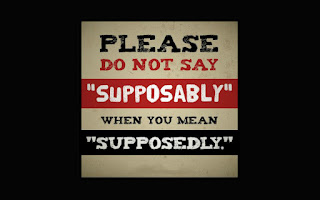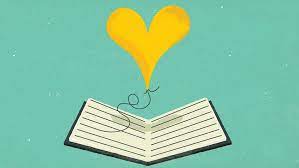Do you know what Emotional Intelligence is? Let's pause for a moment and define it.
Emotional Intelligence is not one or a few but ALL of your brain's mindset. They include the following:
- Social Skills
- Motivation
- Empathy
- Self Awareness
- Self Regulation
The drive theory is based on homeostasis, the idea that the body is working to maintain a certain state of balance.
Brain-injured people ultimately know what to do to avoid scary behavior that cause their equilibrium to go haywire, not at first but after repetitive falls, for example.
EMPATHY
Empathy is the ability to put yourself in someone else’s shoes to communicate that understanding back in return. It's the ability understand people's situation and feelings from their point of view.- Recognize their strengths and challenges
- Understand and talk about their needs and feelings
- Recognize other people's needs and feelings
- See how their behavior affects others
- Develop a growth mindset and learn from their mistakes
Brain-injured should be able to accomplish all on the list, with practice and lots of it.
SELF REGULATION
Dr. Steven Stosny says in Psychology Today, "Consistent self-regulation requires focus on your deepest values rather than feelings. It's also the best way to feel better. Violation of values invariably produces bad feelings, while fidelity to them eventually makes you feel more authentic and empowered."
In other words, taking feelings out of the picture, what is the right thing to do?
Most brain-injured people, at least the hundreds--maybe more--that I met online (and after awhile) are more patient and inwardly compassionate, looking at what is right--the core values--than focusing on feelings which makes you angrier, frustrated, hateful.
To all of the brain-injured people out there, wouldn't you agree that I'm talking, with lots of repetitions, acquiring emotional intelligence is already almost there for you? If necessary, think about it and read this post again to understand my point of view.
We got this, right?










